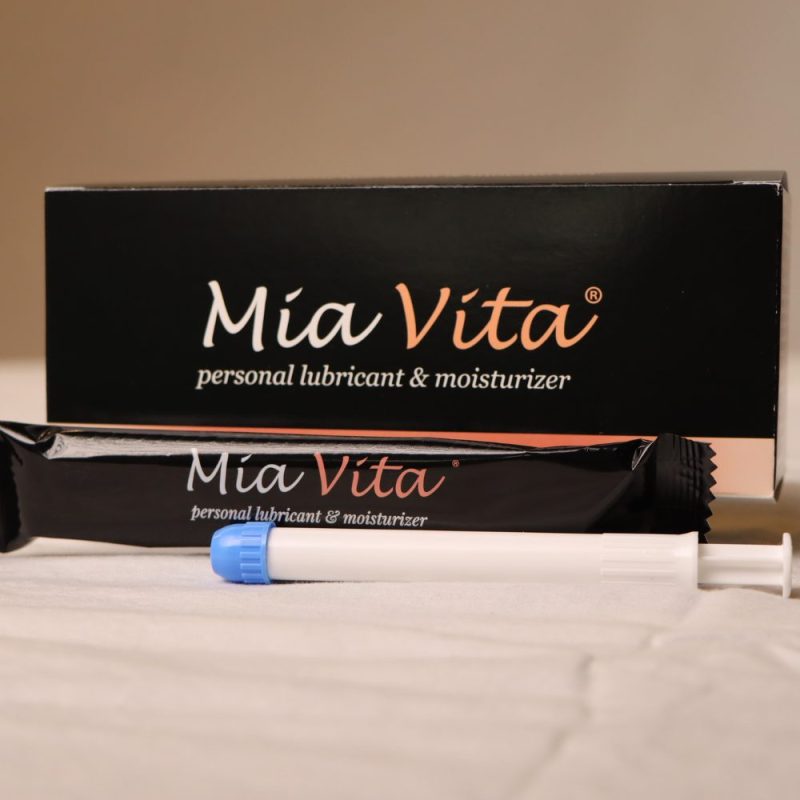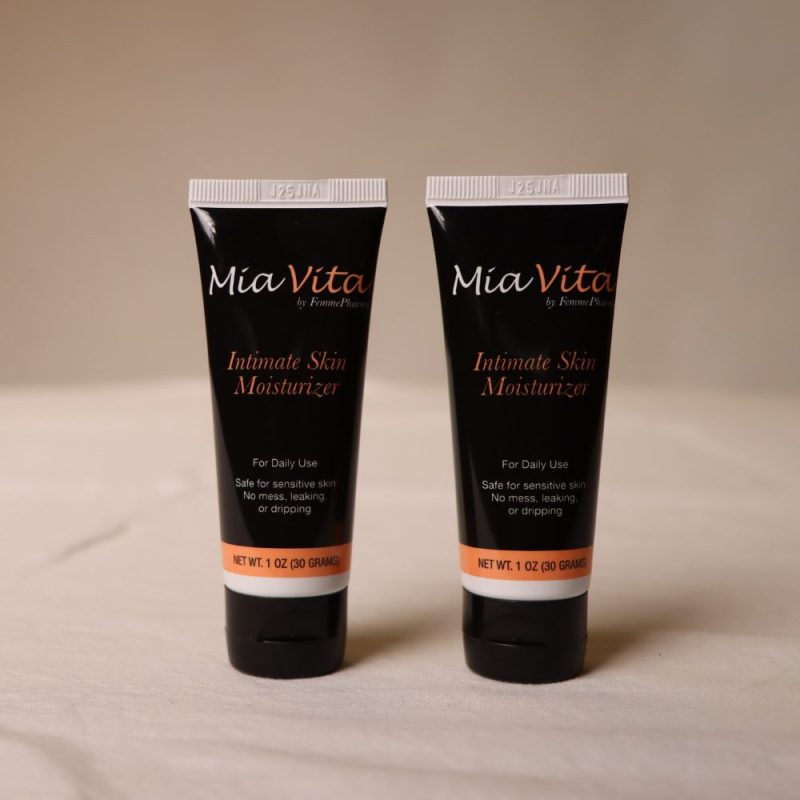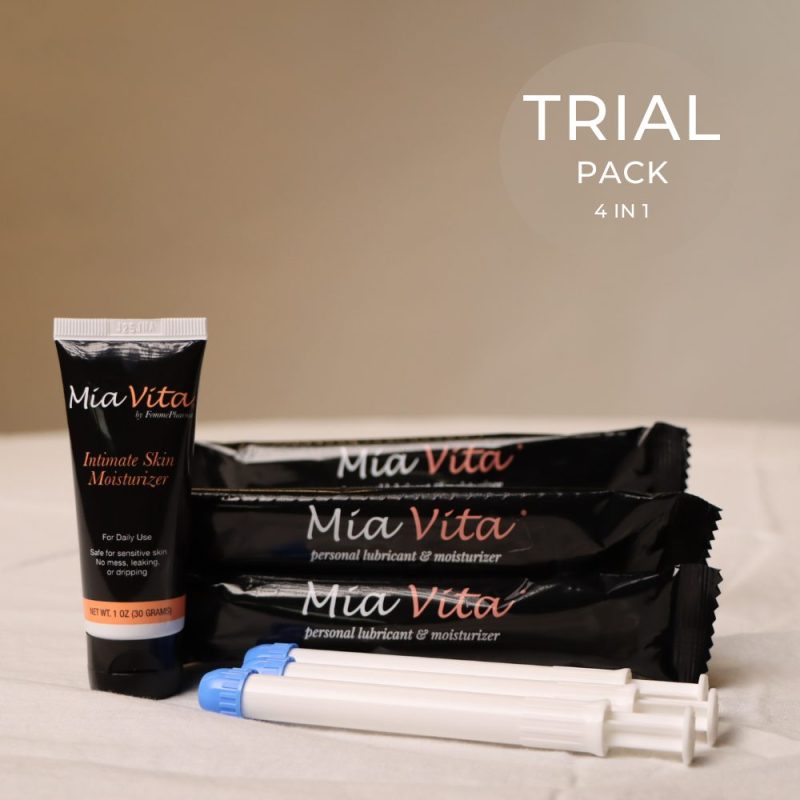Talk of vulvas often gets merged with vaginas, and vice versa. Yet women’s vulvas and vaginas perform quite different, though essential, reproductive functions.
Why the common misconception? A general lack of understanding of women’s anatomy may contribute to the tendency to use vagina to reference most of a woman’s reproductive system. Vulvas, pubic hair and all, also tend to be more taboo than other parts of the female body and thus relegated to the background.
Treating your vulva and vagina the same, however, can have significant consequences for your reproductive and sexual health. Your vulva requires special care, and it’s well worth the time to understand what it is, the common conditions that can affect the vulva, and the best courses of treatment.
What is the vulva?
Your vulva includes all outer parts of your genitals, while the vagina refers to your inner genitalia. The term vulva, derived from Latin, literally translates to “covering or wrapping.” Your vulva helps protect your vagina and is home to your sexual response.
The vulva comprises four distinct parts:
- Labia (minora and majora)
- Clitoris
- Urethra (where you urinate from)
- Vaginal opening
Your labia majora are the two thicker skin folds on the outer part of your vulva that cover your labia minora, vaginal opening, and clitoris and are typically covered with pubic hair. The labia minora are two thinner skin folds inside your labia majora.
During sex or stimulation, blood rushes to the labia majora and minora and causes swelling. Some women’s labia majora are larger than the labia minora, while others may notice the opposite. Your labia may also change color as you age.
Your clitoris is a small, round sex organ that holds about eight thousand nerve endings and increases pleasure when stimulated. A fold of skin, the clitoral hood, covers the clitoris, which sits at the top of your labia minora.
But that’s just the small exterior part of your clitoris, also known as the glans clitoris. The body of the clitoris extends inside and branches into two “legs” that surround your vagina.
Your urethra connects to your bladder to expel urine from your body and sits above your vaginal opening.
Your vaginal opening, located below your urethra, leads to your vagina. Sperm can enter through the vaginal opening, and the same opening allows your monthly period to exit.
What are common vulvar conditions?
Vulvar skin conditions can occur in any woman at any stage of life, and most women experience itching or irritation around the vulva from time to time. That said, more women experience vulvar irritation during and after the menopause transition due to a decrease in protective estrogen.
However, many women tend to put their vulvar health on hold for lack of time or the assumption that it’s a normal, albeit unpleasant, sensation. Vulvar-related symptoms, if left untreated, can turn chronic or lead to further reproductive health issues. Knowing what’s causing your vulvar discomfort can help you identify the cause of your symptoms and find relief sooner.
Common vulvar skin conditions include:
Candida (yeast infection) is a bacterial overgrowth that causes soreness, itchiness, and irritation around your vulva. These infections can recur and must be treated using an antifungal cream.
Lichen simplex chronicus (LSC)often develops due to allergies and can cause severe itching that interrupts sleep. LSC causes vulvar skin to look thick and leathery and, though rare, is most common in women over 60.
Lichen planusis a rare, autoimmune skin condition that causes vulvar skin to inflame and scar and mainly affects women between 40 and 60.
Lichen sclerosus, a vulvar condition that causes dry, irritated, and swollen skin, most often develops in women undergoing puberty or menopause or in women with an autoimmune condition. Some women with lichen sclerosis also experience pain during sex.
Women develop genitourinary syndrome of menopause (GSM), also known as vaginal dryness, postmenopause as estrogen levels decrease. Without sufficient estrogen, the skin around the vulva thins, becoming drier and more prone to irritation.
Vulvodynia means chronic vulvar pain without a specific cause. There’s no single experience or definition of pain that can describe vulvodynia since its intensity varies between women and can occur in different or multiple parts of the vulva.
Experts classify vulvodynia as either generalized, meaning the pain increases and decreases at random moments, or provoked vestibulodynia, which means the pain only occurs after applying pressure.
Common, non-area-specific conditions like psoriasis and eczema can also affect vulvar skin, causing dryness, burning sensations, and skin thickening.
What are the best treatments for vulvar conditions?
The best thing to do if you experience uncomfortable vulva-related symptoms or suspect you have one of the above conditions is to make an appointment with a healthcare provider. Certain conditions, like lichen sclerosus or planus, may require specific ointments and prescribed treatments.
Vulvar skin is particularly sensitive. You may feel the urge to wash more often or use drugstore cleansing products. However, vigorous washing and using these products, which often include irritants like fragrance and essential oils, can further inflame vulvar skin. Even regular soap can cause irritation for certain women. In this case, try a soap substitute when washing, like ointment or cream, in place of body wash or soap for a time.
You can also use a moisturizer to help soothe your skin and alleviate any dryness. The Mia Vita Intimate Skin Moisturizer Gel helps to reduce itching and burning around your vulva and labia. The gel includes hydrating and soothing ingredients, like hyaluronic acid and vitamin E, to calm sensitive skin. Twice-daily use or an application whenever you visit the bathroom produces the best results.
Other lifestyle adjustments you can make to care for your vulva include wearing loose-fitting, cotton clothing and avoiding drying your vulva with any harsh towels or fabrics. Instead, let your vulva air dry after a shower. Underwear liners, rough toilet paper, tampons, and condoms are also best avoided while you’re treating a vulvar condition.
FemmePharma has been helping women navigate menopause for over two decades. No matter where you are in your journey, you deserve to have knowledgeable, intimate healthcare partners to help you feel your best. Explore our other articles, podcast episodes with women’s health experts, and products to ease your transition into menopause.



